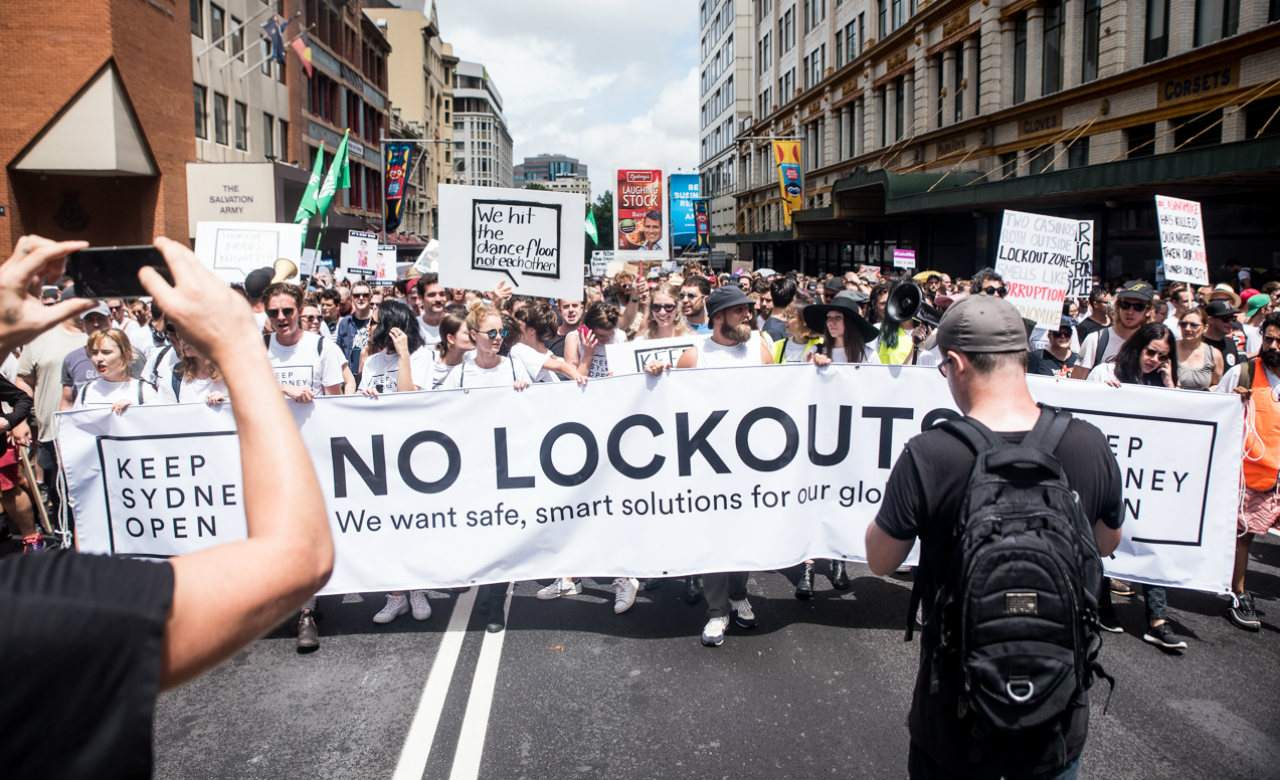How Sydney's Lockout Laws Have Really, Truly Affected Your Saturday Night
We asked former ABC host and intellectual property lawyer Tom Glasson to turn the 151-page Liquor Law Review into one easy read.
Following months of public consultation, expert consideration and filtering through more than 1850 written submissions, former High Court judge Ian Callinan has handed down his independent review of NSW's highly controversial lockout laws, suggesting an easing of the time the lockout takes effect for live entertainment venues and an extension of the opening hours for bottle shops and home delivery services.
The report was a whopping 150 pages, so we put on some coffee and enlisted Concrete Playground's Tom Glasson to dredge through it. Formerly an intellectual property lawyer with global law firm Allens Linklaters, Tom is a writer, TV presenter, national public speaking champion and film critic best known for hosting Australia's daily satirical news show The Roast on the ABC.
Tom distilled the critical points for you below — because knowledge is power.
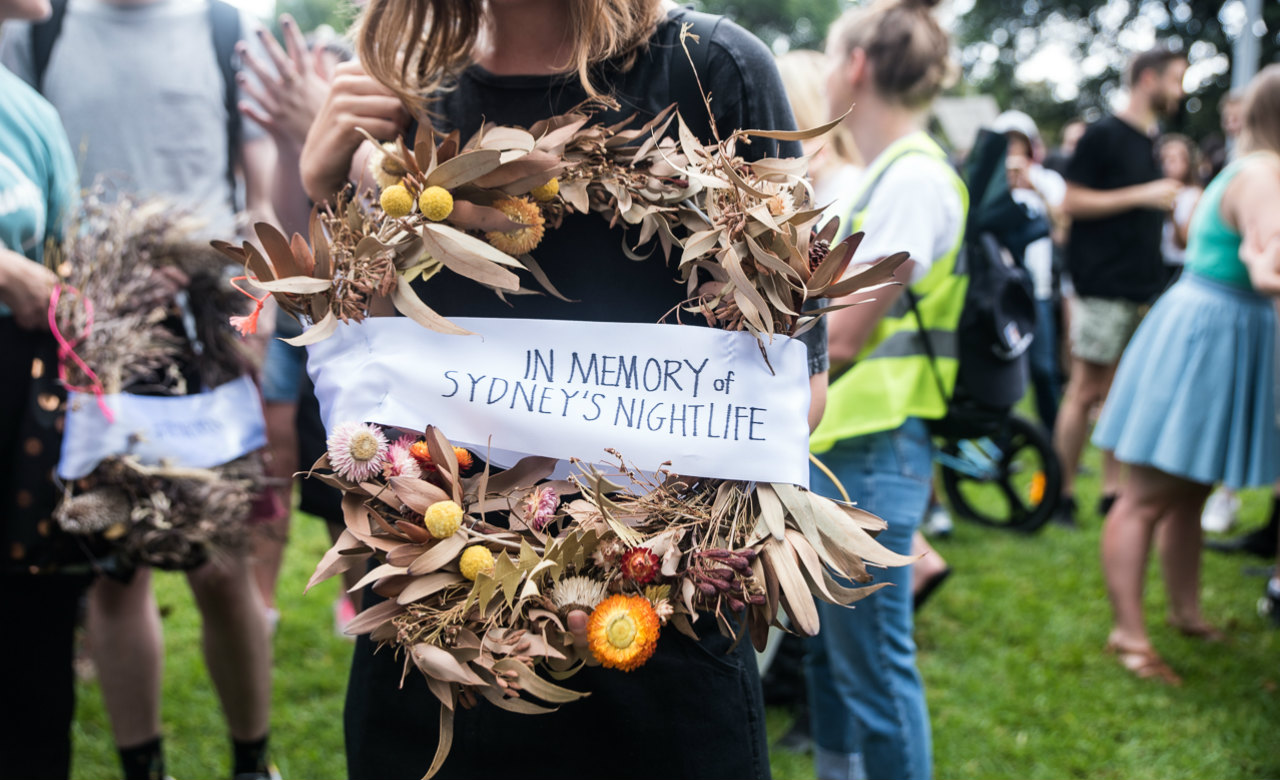
Kimberley Low.
BEFORE WE START, HERE'S A REFRESHER ON THE LOCKOUT LAWS
"This is not about penalising responsible drinkers. It is about attacking the irresponsible acts of those who allow themselves to be intoxicated, whether by drugs or alcohol." (Premier Barry O'Farrell, 2014)
In February 2014, the NSW State Government passed two new pieces of legislation designed to combat a perceived growing problem of excessive alcohol consumption and related violence in certain 'precincts' within the Sydney metropolitan area. These two laws were the Liquor Amendment Bill 2014
- Lockouts from venues imposed upon patrons who arrive, leave or were ejected from licensed premises after 1.30am;
- A prohibition on licensed premises selling alcohol after 3am;
- A prohibition on bottle shops selling alcohol after 10pm; and
- A prohibition on the home delivery of alcohol after 10pm.
WAIT, WHO IS IAN CALLINAN?
Justice Ian Callinan served as a Justice of the Australian High Court from 1998 to September 2007 where he was regarded as a Constitutional conservative, a 'defender of federalism' and an innovator in common law cases. Callinan is perhaps best known for his work on the extradition of Christopher Skase and his role in the infamous Fitzgerald Inquiry into Queensland police corruption.
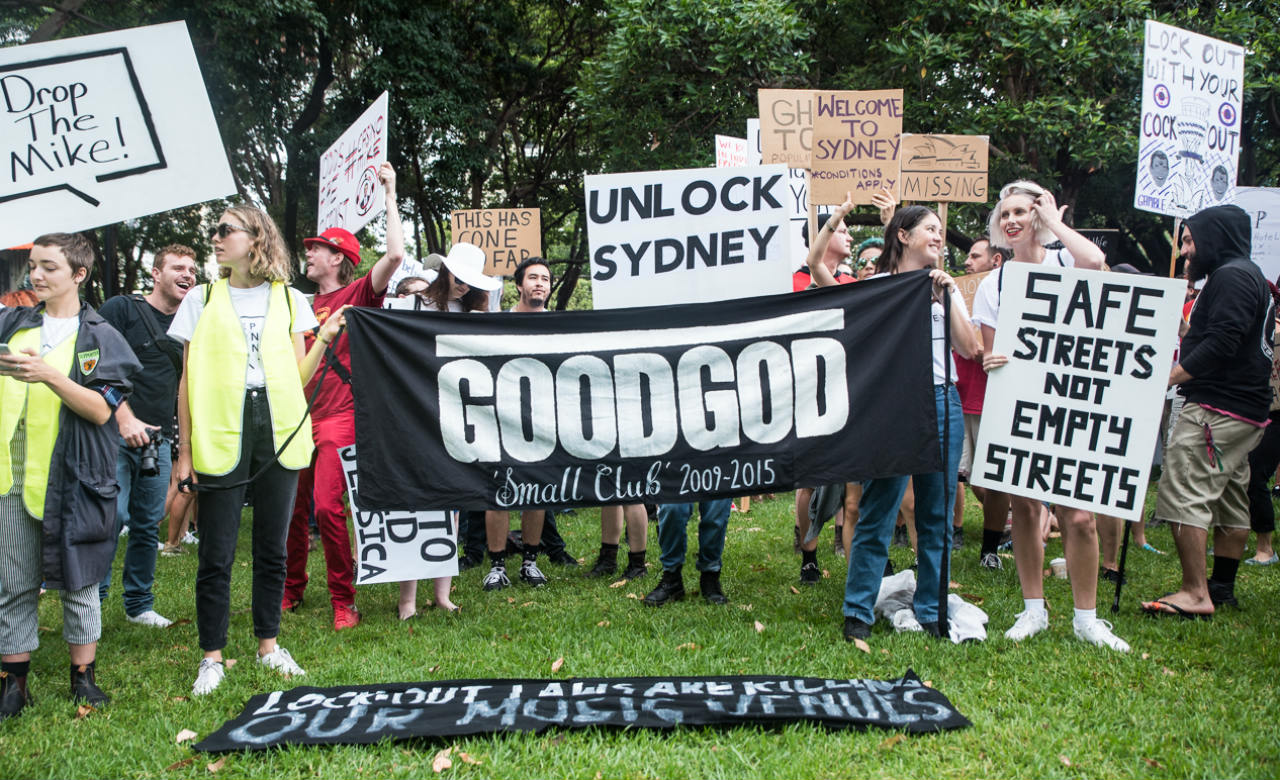
Kimberley Low.
THE FINDINGS: SYDNEY LIVE MUSIC HAS BEEN CRUSHED BY THE LOCKOUTS
"Musicians and other
There it is, folks. Straight up. Callinan didn't beat around the bush on this front, and if there's one beacon of hope above all others in this review for those seeking a relaxation or complete removal of the lockout laws, it is this. Callinan acknowledged the direct link between both sales of alcohol and door charges to the financing of live entertainment, and accepted from the submissions that the lockout laws had resulted in a decline in live music venues and the loss of jobs for a number of performers. But then...
"The extent to which such
In other words, 'I believe you, but I don't know by how much'. Callinan suggested that many of the venues voicing opposition to the laws had failed to adapt to the new environment ("new habits are not always
In Callinan's view, the solution is to simply offer shorter musical performances and have them play earlier in the evening. In other words: Matinee rock and roll, baby! In an especially 'back in my day' paragraph, he explains how many great Australian bands like Midnight Oil, Cold
This seems to entirely miss the point raised by so many of the laws' opponents that the burgeoning late night music scene that had only just begun to take shape when the laws came into effect had a distinct personality, audience base and appeal for which shorter, earlier performances simply wouldn't apply.
There's perhaps no better example of this than when Radiohead's Thom Yorke dropped a surprise four-hour DJ set in Goodgod Small Club (RIP) back in 2012 after completing his concert at the Entertainment Centre. Under the current laws, this extraordinary event would have failed before it began, with Yorke not even being permitted entry into the venue.
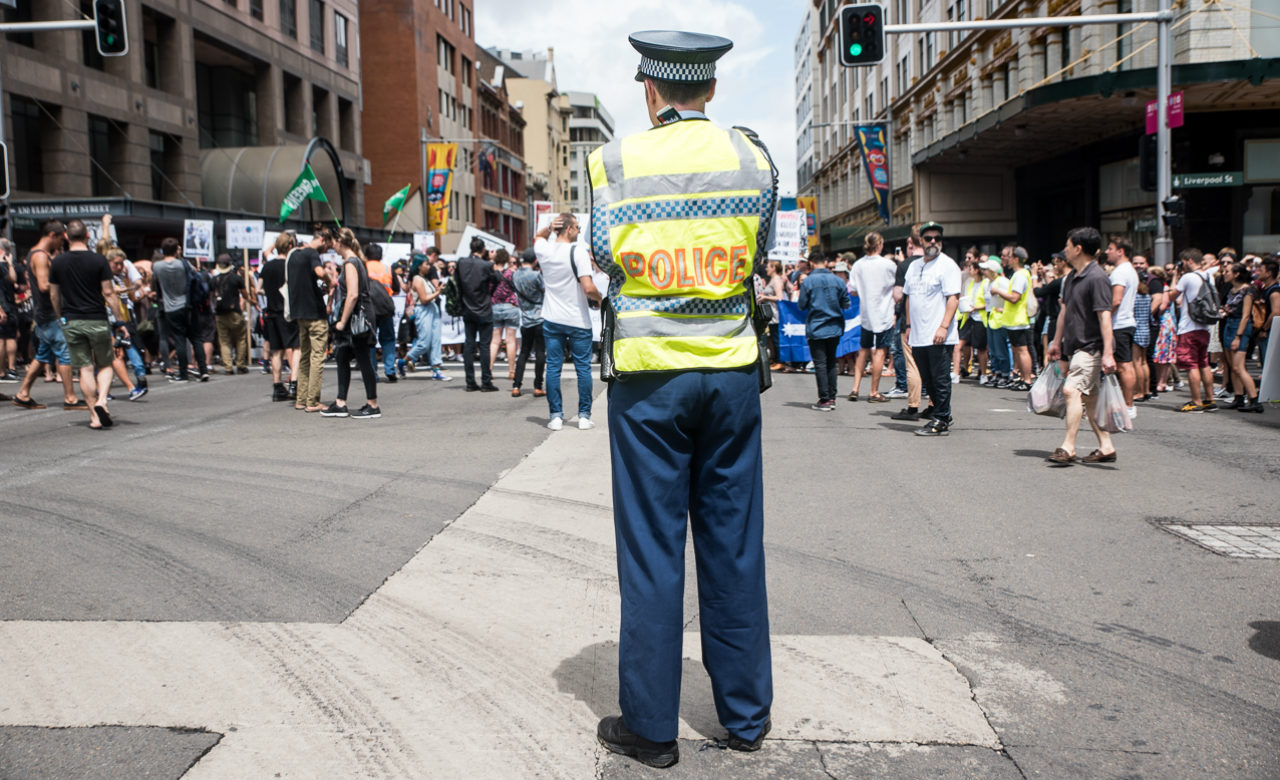
Kimberley Low.
THE FINDINGS: SYDNEY, CLEANER AND SAFER?
"I have formed the view that the two Precincts at night were grossly overcrowded, violent, noisy, and in places dirty, before the Amendments, but that after them, they were transformed into much safer,
Even before their introduction, the efficacy of the lockout laws was brought into serious question, sparking a number of debates, rallies and online protests / petitions — the more highly publicised of which would be lead by Sydney lobby group Keep Sydney Open. Now two years on, and following a thorough review of the available data, Callinan's report has determined the laws have resulted in a marked improvement across almost all desired metrics, most importantly in a reduction to admissions to emergency departments and a diminution in violent behaviour in both Kings Cross and the CBD.
Specifically, St Vincent's Hospital in Darlinghurst reported "a reduction of 24.8 percent in critically injured alcohol-related presentations during peak alcohol periods, and a 60 percent reduction in admissions to the hospital for assaults and single punch attacks in the period since the Amendments [lockout laws] came in to force."
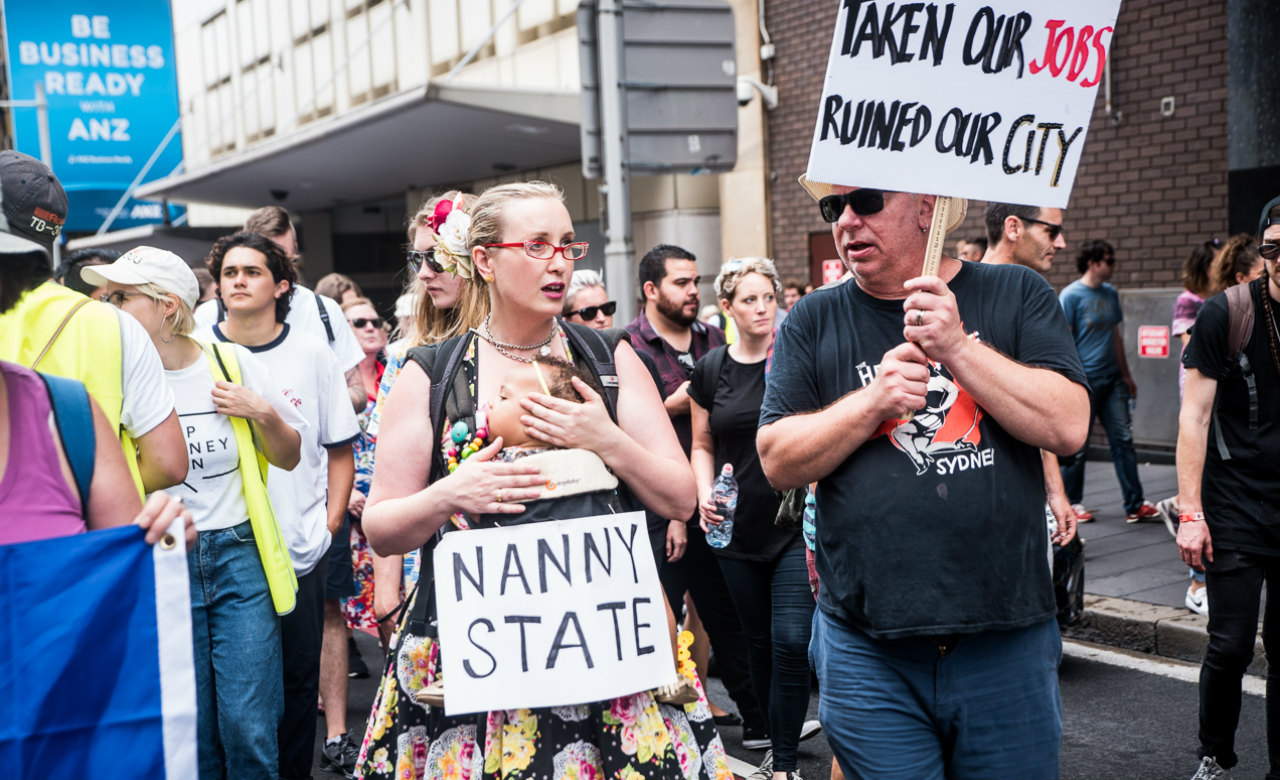
Kimberley Low.
THE FINDINGS: SYDNEY NOT SEEN AS A GLOBAL CITY, BUT AN 'INTERNATIONAL EMBARRASSMENT'?
"I can find no evidence
Many of the submissions made to the Review Board suggested that the lockout laws were anathema to Sydney's status as a 'global city', and instead resulted in an international perception that the city was a 'nanny state' and an 'un-fun destination'. References were made in these submissions to New York, Amsterdam, Paris,
- all but a few major cities in
the world impose restrictions on the hours during which alcohol may be sold in licensed venues; - all specify an age below
which consumption of alcohol is illegal; and - many have restrictions on the hours during which packaged liquor may be sold 'off premises'
He concluded this point by saying, "I have not found persuasive
"Paris, Los
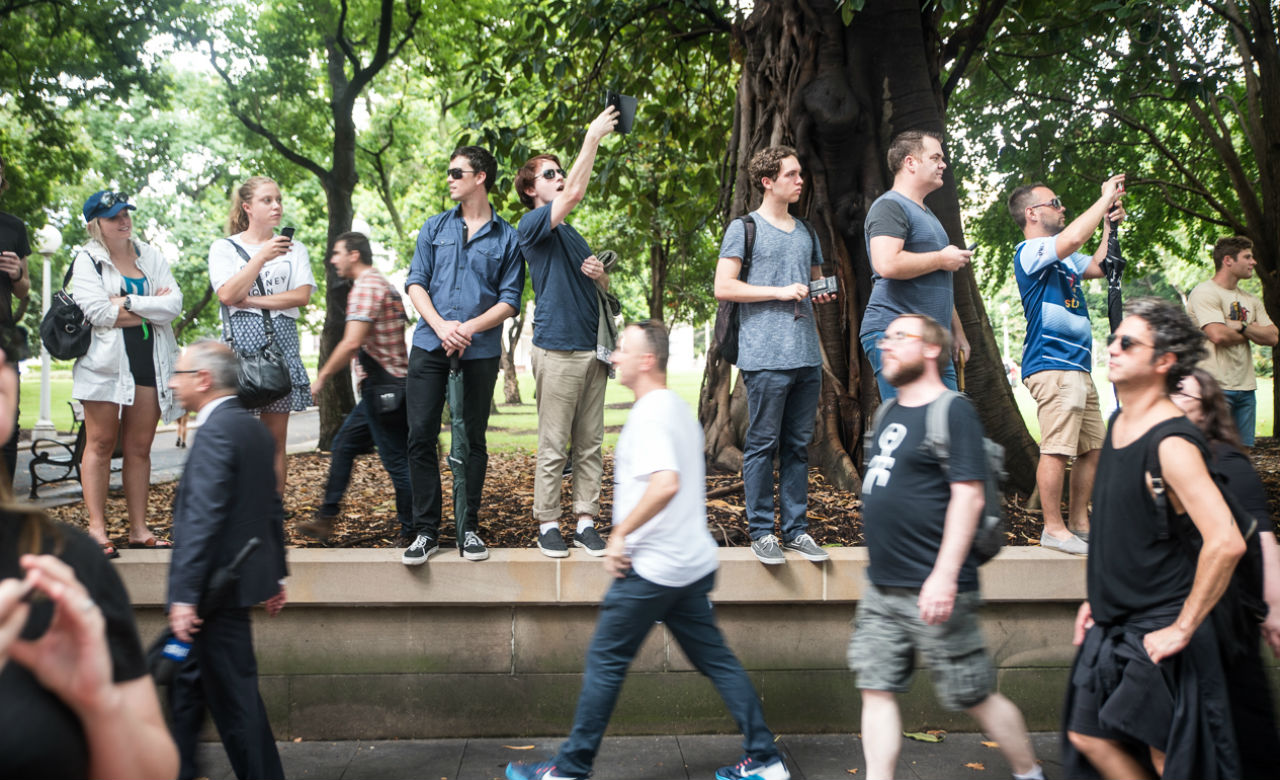
Kimberley Low.
SO, BEFORE THE LOCKOUTS, WAS THE TIDE ALREADY TURNING?
"Natural attrition."
Interestingly, both sides of this debate have at times criticised the statistics involved, claiming pre-existing trends have confused the issue and failed to reveal the true impact of the legislation. On the one hand, for example, when NSW Premier Mike Baird announced on Facebook in February that assaults in Sydney were down 60 percent in the the Cross, and 42.2 percent in the city, statisticians and the laws' opponents noted that the decline in violence was already in effect before the laws came into being, meaning they had merely accelerated the downward trend rather than effected it.
On the flip-side, Callinan noted in his review that — on the topic of businesses closing in the Precincts — this too had already been in effect long before the laws were introduced, reflecting a widespread gentrification that had seen the former mainstays of brothels, strip joints and pubs replaced by apartment blocks, cafes and wine bars.
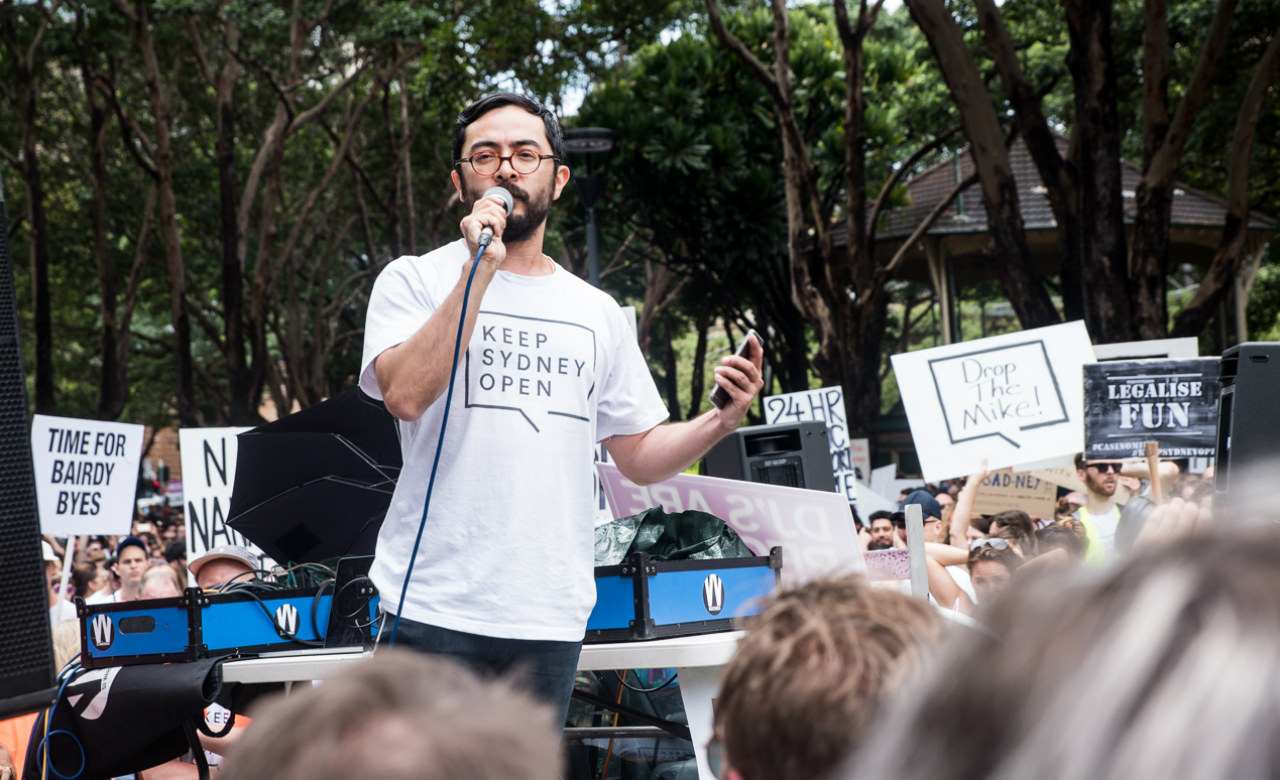
Kimberley Low.
WELL, THAT'S THE REVIEW... WHAT HAPPENS NOW?
"In the end, and not without
The success of lockout laws notwithstanding, Callinan's review ultimately concluded that the negative impact on businesses and the live music scene was significant enough to recommend a two-year trial period of relaxed laws, during which time:
- the 1.30am lockout would be extended to 2am;
- the 3am last drinks call would shift to 3.30am; and
- the home delivery of alcohol would be extended from 10pm to midnight.
In response, Deputy Premier Troy Grant said the NSW Government would consider the recommendations and deliver its response before the year's end, with most observers expecting they'll be adopted in full.
As to the public response, the Keep Sydney Open movement applauded the decision and gave particular thanks for the recognition of the importance of (and impact upon) the live music scene, but criticised the overall recommendation as being largely tokenistic by only offering a half-hour relaxation on most fronts.
In their words: "Thirty minutes will not bring punters back into the city, it will not save businesses on the brink from closure, it will not bring a sense of pride back to Sydney and nor will it impress the international eyes who are watching this saga unfold from afar".
Instead, they and other opponents argue, the solution lies not in the lockout laws, but rather in improved transport, better police strategies, expanded CCTV surveillance, better lighting, encouragement for more diverse and inclusive after-dark activities, extensive anti-violence education and intervention campaigns, expanded small-bar licenses, greater attempts at directing a cultural shift away from binge drinking and the appointment of a Night Mayor — all of which, Callinan notes, come at a serious financial cost.
Will the public's desire for reform outweigh their reluctance to pay higher taxes in order to bring that reform about? Time will tell.
Top image: Kimberley Low.
